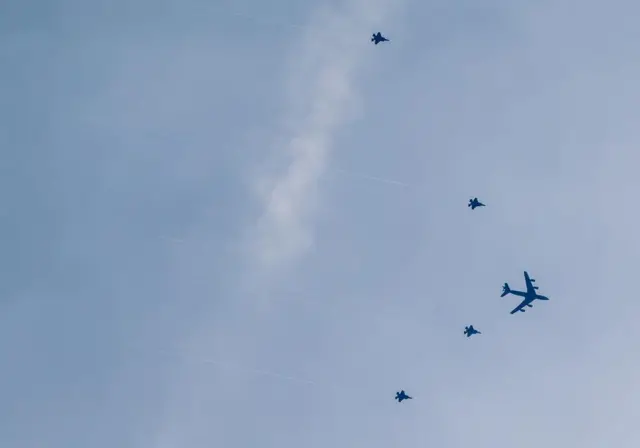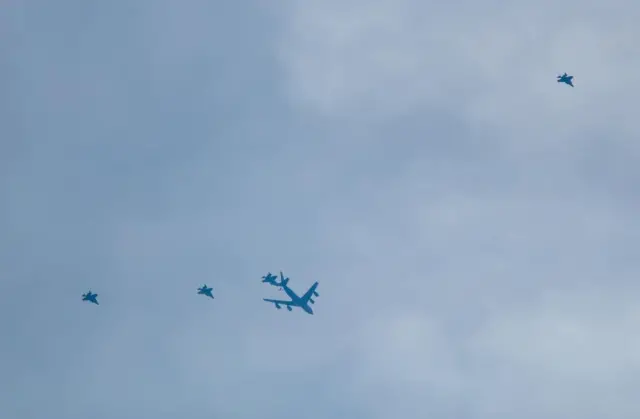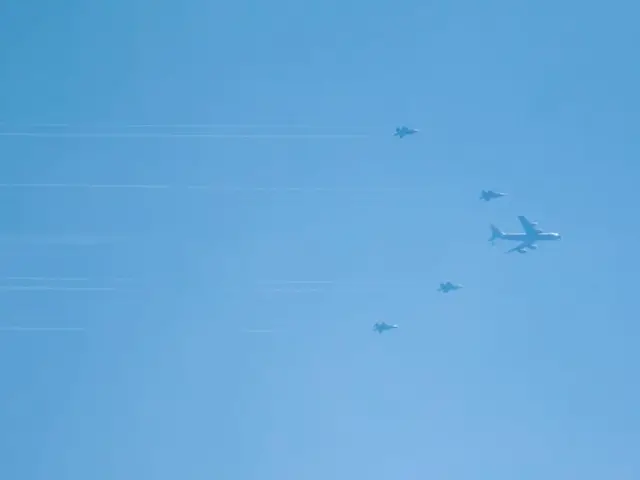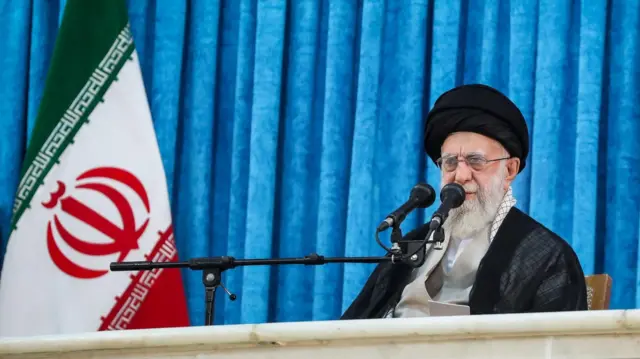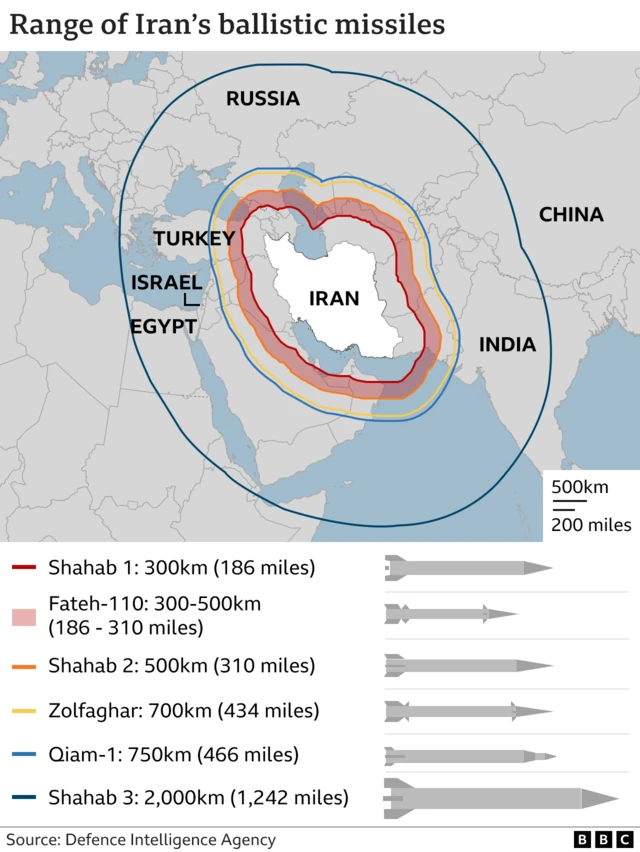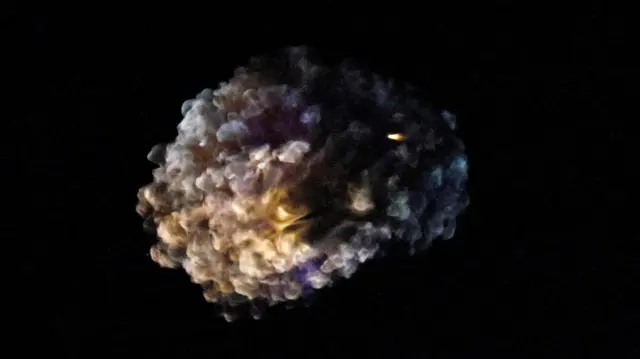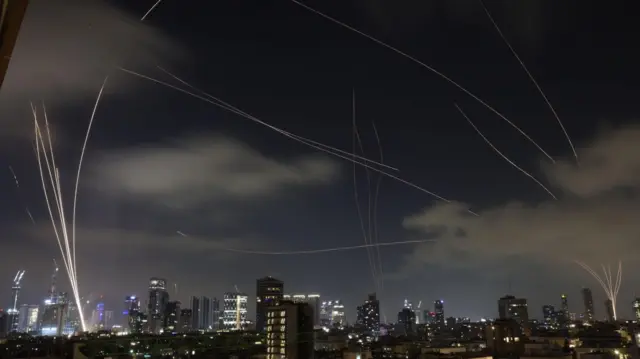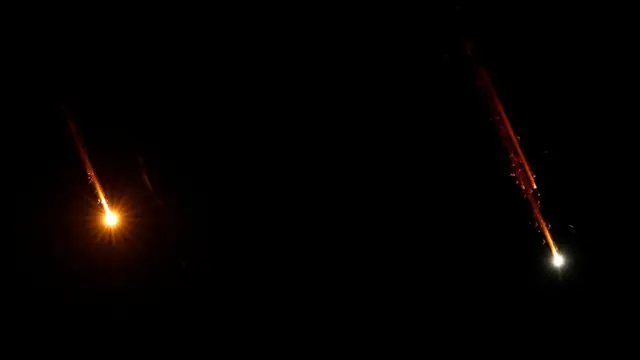Trump 'considering' joining strikes but no full agreement among his team, CBS reportspublished at 02:12 BST 18 June
Trump held a meeting Tuesday afternoon in the White House Situation Room with his national security team on the Israel-Iran conflict, external.
He is considering joining, external Israel's strikes of Iranian nuclear sites, including at a facility in Fordo, external, five sources familiar with the matter told BBC's US partner CBS News.
The topic was expected to be discussed at the meeting in the Situation Room. There is not full agreement among Trump's closest advisers, CBS's sources added.

